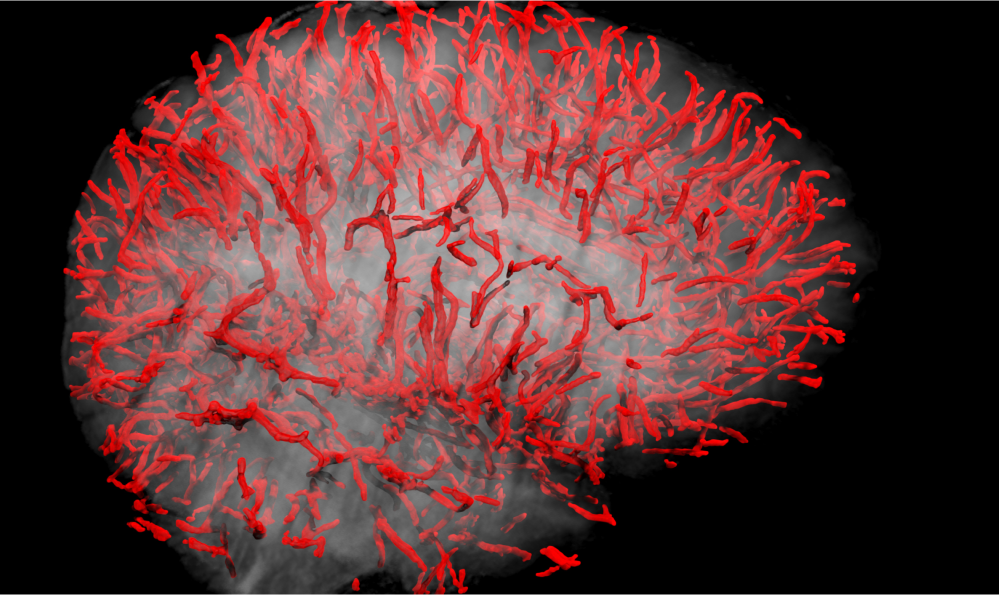
For many years, the central scientific theme of the USC ADRC has focused on vascular contributions to cognitive impairment and Alzheimer’s disease (AD). Epidemiologic studies have demonstrated that traditional cardiovascular risk factors, such as hypertension and diabetes mellitus, are linked to increased risk of AD, especially among under-represented ethnic groups. The Vascular Cohort Study (VCD) is a longitudinal study directly funded by the ADRC that interrogates the health of the neurovascular unit (NVU) using novel imaging and CSF biomarkers. Using dynamic contrast enhancement (DCE)-MRI, our Imaging Core has developed a novel Ktrans measure of permeability of the blood brain barrier (BBB), one of the essential functions of the NVU. Using the Meso Scale Discovery Platform, the Biomarker Core has developed a new panel of vascular, BBB, and NVU biomarkers including cell-specific markers of pericyte, neuronal, and astroglial injury, inflammatory biomarkers, as well as AD standard Aβ and tau biomarkers that can be obtained using small quantities (0.5 ml) of CSF. Criteria for participant enrollment include age > 60 years, no or mild cognitive impairment, and presence of low, medium or high cardiovascular risk based on blood pressure, lipids, and glucose. Participants are followed annually by the Clinical Core using the NACC Uniform Data Set.
Contact to learn more: Helena.Chui@med.usc.edu